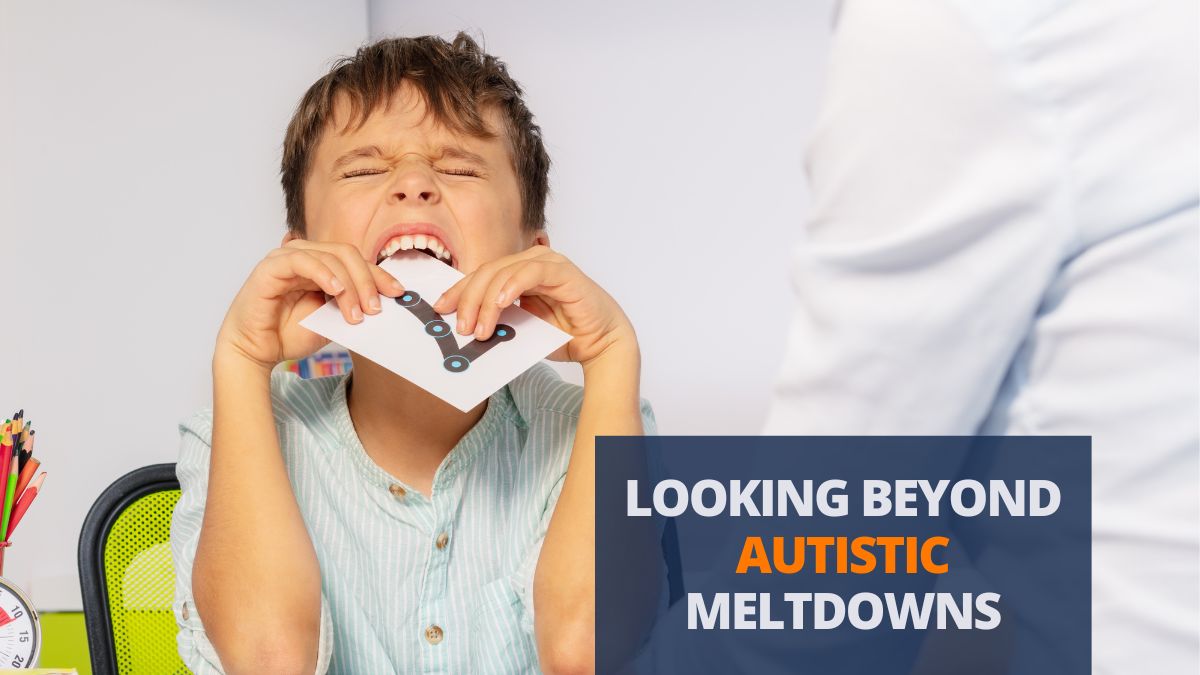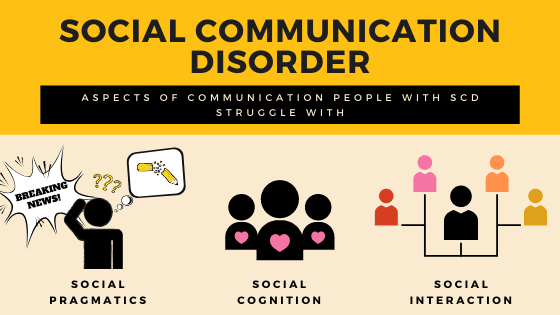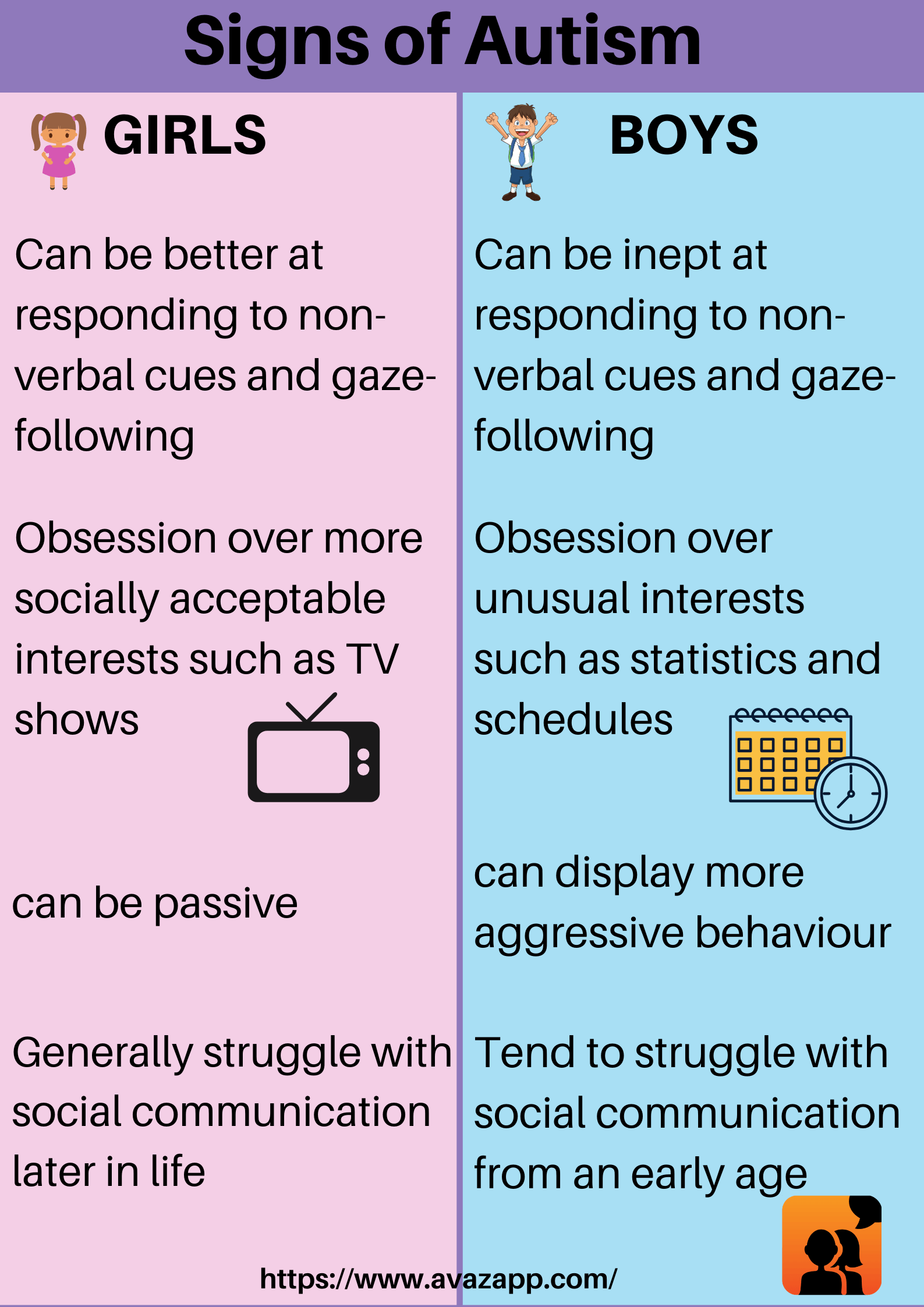Siblings are critically important not only in childhood but also over the course of an individual’s lifetime. They form a child’s first peer group, enable the development of social skills and provide valuable life experiences. Siblings of children with disabilities take up the role of secondary caregivers and provide emotional support and physical care to them.
Such young people who carry out or support caregiving duties are recognized as Young Carers. To raise awareness of the challenges faced by young people, Young Carers Awareness Day is observed around the world on January 31.

This year’s theme focuses on the Mental Health of young carers. Most young carers have more responsibilities than other young people. As a result, they experience more stress than their peers, some of which they might not be able to handle by themselves.
Here are some ideas that you can try out to ensure that young carers receive all the support they need.
HAVE AN HONEST TALK WITH YOUR CHILDREN
Communication is vital to build and develop any relationship. Therefore, the importance of communication should not be underestimated when it comes to young carers. Talk to your children about mental health and help them understand how important their mental health is. Ask them if they are feeling stressful or depressed. Discuss with them what you can do as a family to help them feel better.
Tell your children that you are proud of them for taking up responsibility and supporting their sibling. Talk to them about specific incidents which made you feel this way.
BREAKS FROM RESPONSIBILITIES
Most young carers are children who grow up faster than their peers. They try and understand the hardships in life at a tender age. But these hardships should not be a reason to miss out on a happy childhood. To create a positive impact on mental health, regular breaks should be provided. If family outings are not possible, let them have fun with their friends.
Most importantly, give them breaks from responsibilities when they are tired or feeling low. Let them know that they are also children who need to enjoy being a child.
SUPPORT THEIR STUDIES
Young carers, because of their caring responsibilities, might need support in school to keep up with their peers. Talk to their teachers about the caregiving responsibilities and request them to provide extra help whenever the child needs it. As a parent, you could help your child with assignments and homework. If they had to miss school for a day, ensure that the classes are covered and the concepts are made clear.
HELP THEM SOCIALIZE
As a young carer, your child may miss out on opportunities to play and spend time with friends and classmates. This might lead to them feeling isolated, and they might find it hard to make friends. Hence it is important to find other young carers with whom your child can relate and talk to.
Meeting other young carers can be an excellent way for your child to make new friends, share their experiences, rebuild their self-esteem, and have the social opportunities that children their age should have.
This Young Carers Awareness Day, let us make sure to recognize the efforts of our young carers who help to care for their siblings and parents with disabilities. Spending a little more time with the young carers and supporting their needs would go a long way in promoting their well-being.
The above-mentioned ideas might help you to strengthen the bond with your children and help you to support them in better ways. Together, let us make sure that Every Voice is being Heard!
Do you have any ideas that you have used with your young carers? Let us know in the comments section below!



